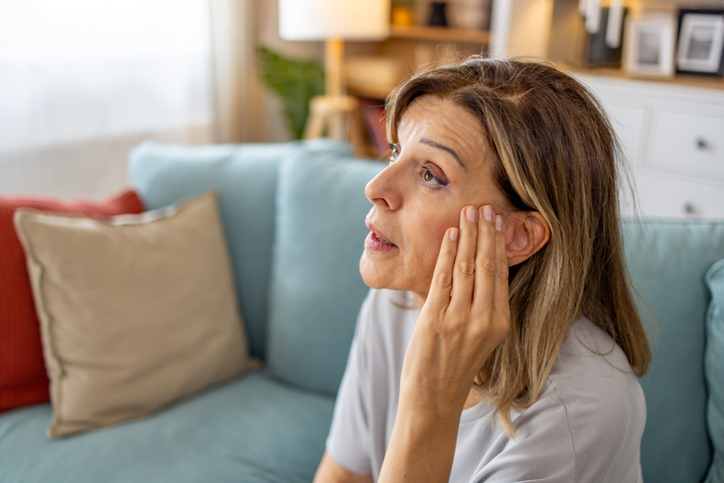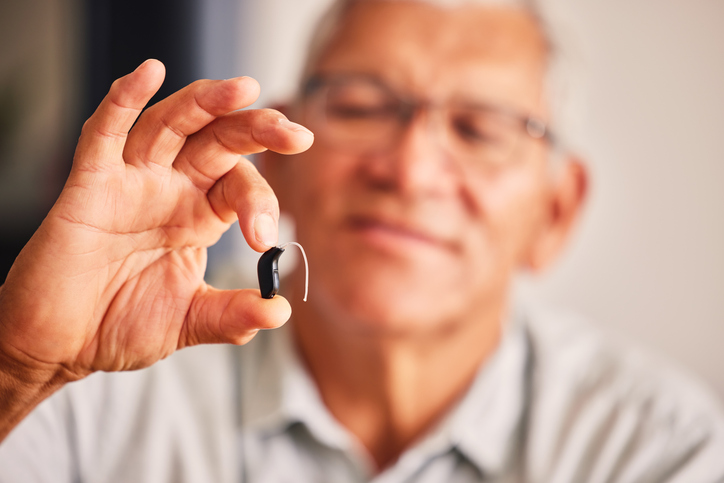If you’ve been diagnosed with tinnitus, you might feel overwhelmed knowing there isn’t a permanent cure. However, this doesn’t mean tinnitus can’t be managed successfully. With the right lifestyle changes and professional guidance, you can significantly reduce symptoms and regain control of your well-being.
Here are four proven strategies you can try at home to manage and improve your tinnitus symptoms
1. Use a Noise Masking Machine for Better Sleep
For many tinnitus sufferers, nighttime is the most challenging. The absence of background noise often amplifies the ringing in the ears, making it difficult to sleep. Using a noise masking machine or playing white noise from a phone can mask the tinnitus sound, helping you relax and sleep more easily.
Tip: There are many free white noise apps available for your smartphone, or you can invest in a dedicated sound machine with customizable sounds.
2. Stay Hydrated to Lower Tinnitus Risk
Proper hydration is essential for overall health, but it’s particularly important for managing tinnitus. A 2018 study involving 1,400 Korean patients found that those who consumed less water had a higher prevalence of tinnitus. Dehydration can increase blood pressure—a known trigger for tinnitus symptoms.
Hydration Tip: Make it a habit to drink water throughout the day. Try carrying a reusable water bottle as a reminder.
3. Exercise to Reduce Stress and Tinnitus Symptoms
Regular exercise is one of the most effective ways to reduce stress, which can help manage tinnitus. Lower stress levels are associated with reduced tinnitus symptoms. However, be cautious with intense cardiovascular workouts, as they may worsen symptoms for some people.
Best Exercises for Tinnitus:
- Walking or hiking
- Yoga and stretching
- Light strength training
Avoid intense, high-impact workouts until you know how your body reacts
4. Improve Your Diet for Better Symptom Control
Diet can have a significant impact on tinnitus symptoms. Some patients experience improvements by cutting back on caffeine and alcohol, while others notice no change.
Here’s how to test if dietary changes help you:
- Eliminate caffeine and alcohol for 30 days. Track your symptoms and sleep quality during this time.
- Reintroduce one at a time, and observe how your body reacts.
Caffeine and alcohol can affect sleep quality and increase stress levels—both of which can exacerbate tinnitus symptoms.
Conclusion: Take Control of Your Tinnitus Today
While tinnitus might not have a one-size-fits-all cure, there are plenty of strategies you can try to reduce its impact. Start with these four tips and make gradual adjustments to your routine. Most importantly, seek help from a qualified audiologist who can guide you on your journey toward better hearing health.
Want personalized tinnitus management advice? Contact Integral Audiology to schedule an appointment with one of our expert audiologists.



